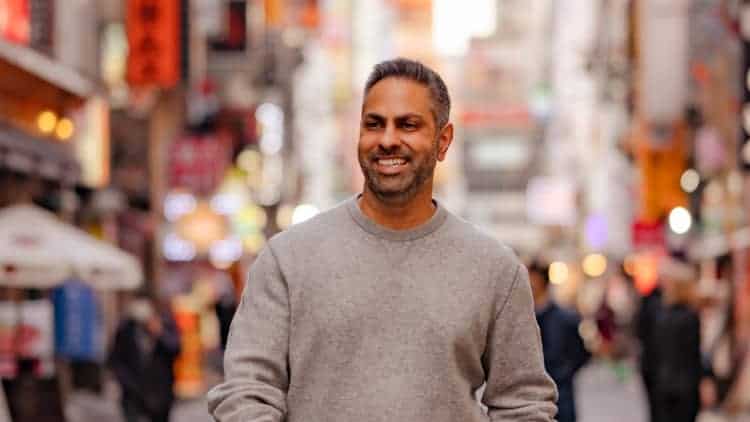
Staying on top of your finances and building wealth are hard enough as it is. No need to make things harder for yourself through self-sabotage.
To make sure you reach your financial goals, you’ll have to get out of your own way, says Ramit Sethi, a self-made millionaire and star of upcoming Netflix show “How to Get Rich.” Eliminating three “toxic” money beliefs can help put you on a solid financial path, he tells CNBC Make It.
In fact, by making even one small change in your mindset around investing, “you could literally change your life,” he says.
Here are three red flags in your thinking that could be holding you back.
Toxic mindset No. 1: ‘We don’t talk about money’
While many Americans are brought up to avoid conversations about money, it’s something you have to get comfortable doing if you want to be successful, Sethi says.
“How can you expect to get ahead if you’re not actually talking about money, either solo or with a partner?” he says. “Money is a regular topic in any financial successful household.”
The reason: You can’t begin to get proactive about your finances unless you’re clear about how much money you’re bringing in, where it’s going and your goals for its future growth. Regularly questioning your financial habits is part of having a healthy relationship with money, Sethi says.
“Hey, what do we think about this? How should we do that? Are you interested in this? I’m not sure if we have the right savings account. Let’s discuss.”
Toxic mindset No. 2: Not questioning your financial upbringing
Everyone’s relationship with money grows, in one way or another, from what they were taught about it in childhood. Hanging onto those lessons without question can lead you down the wrong path.
“On my podcast, I’ll ask couples, ‘What do you remember your family saying about money when you grew up?’ One of the most common things I hear is families who said, ‘We can’t afford it,’” Sethi says. “Think about what happens when your family says that 10 times. A thousand times. 10,000 times.”
What happens is you develop an “invisible script” around financial decisions that can affect you when you go to manage your money as an adult, Sethi says. In this case, it may lead you to feeling guilt about buying coffee, even though you’re saving plenty for the future and have room for it in your budget.
To reset your thinking, take those scripts from your childhood and write them down, Sethi says. “You’ve got to acknowledge them and interrogate them and then decide, what scripts do I want to follow or create for the next phase of my life?”
Toxic mindset No. 3: ‘Investing is only for rich people’
You may be avoiding investing because you think it’s something that’s reserved for the wealthy. But you have it backwards, Sethi says. “The way you get wealthy is by investing.”
If you have an entry-level income, Sethi says, you’d be wise to invest whatever you can, “even if you can only invest $20 a month — that’s how you get started.”
Rather than forcing yourself to part with the money each month, set up automatic transfers from your paycheck into an investing account.
“You can often change your entire socioeconomic trajectory for yourself and your family by starting this one simple thing, which is automatically investing,” he says. “That gets me excited because it means you can actually start to live a rich life, not worry about money for the next 20 years.”
That’s because while you’re out living your life, your money is doing the slow, steady work of growing at a compounding rate.
“Real wealth creation takes time. It’s boring, it’s methodical,” Sethi says. “And if you think of anything you’ve done in life that took a long time that you’re really proud of — maybe it’s your fitness, maybe it’s learning a language — you know what it’s like to work on it every day and just get a little bit better. That’s what wealth creation is about.”























